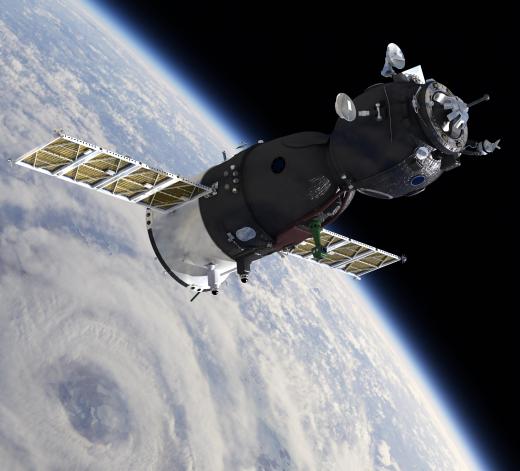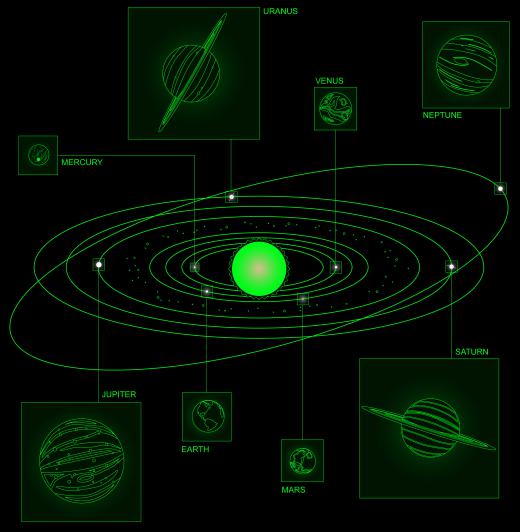What is Centripetal Force?
 Dee Saale
Dee Saale
The force that is needed to hold a moving object in a circular path is called centripetal force. The word centripetal comes from the Latin words for “center,” centrum, and “tend towards,” petere. Consequently, it follows that centripetal force is a force that pushes an object towards the center. If it were not present, the object would maintain its movement in a straight line.
Centripetal force is commonly seen when driving a car. For example, if a car is heading down a level and straight road at a constant speed, it is balanced by the force of the road, and the engine’s torque balances out the forces that friction and wind create. In that case, the car is in equilibrium and the centripetal force is zero. If the car approaches a curve, the road must be engineered to compensate for the curve. The road must provide an additional force so that the car can round the curve and not continue on a straight path.

Many roads are engineered so that they are raised at the outermost edge. Doing so creates a force to keep the cars on a curvy road. The raised or banked road can be clearly seen on racetracks used for biking or on the circular NASCAR® race tracks.
Viewing a satellite through a telescope is one way to see centripetal force in action. The satellite follows an orbit around the Earth. In that case, centripetal force is the gravitational attraction between the Earth and the satellite, as without it the satellite would travel in a straight line only. The same theory can be also used for the centripetal force that keeps the planets in an orbit around the sun. With the planets, the force is supplied by the Sun instead of the Earth.

There are easy ways to see centripetal force at work through at-home experimentation. For example, take a clear balloon and place a coin inside the balloon. Then, blow the balloon up by mouth so that it is cloudy at the two ends and clear in the center. If the entire balloon is clear, it has too much air. Hold the balloon at its neck with one hand and begin to swirl it around and around.
At first, the coin may appear to jump around inside the balloon. Eventually, it will roll inside the balloon, much like a biker riding on a race track. Once it gets going, the coin should orbit the inside of the balloon for half a minute or longer. This is centripetal force.
AS FEATURED ON:
AS FEATURED ON:












Discussion Comments
How can the object move without a force?
I never noticed that roads are engineered to keep cars on them by using centipetal force. I always thought the car turned simply by turning the steering wheel. That does explain the huge incline on the curves of a race track though -- a race track is actually a centripetal force apparatus! I always wondered why they looked like that.
I guess it makes sense -- if you're traveling at the high speeds a race car does, it would be kind of hard to make such a huge turn suddenly, if the track was flat.
One of my favorite examples of centripetal force is the old trick where you fill a small bucket with sand or water and swing it around and around, in a circular motion. Even when the bucket is upside down, the sand or water will stay inside the bucket, as long as you keep it swinging in a circular motion.
how can an object move without a force?
Post your comments